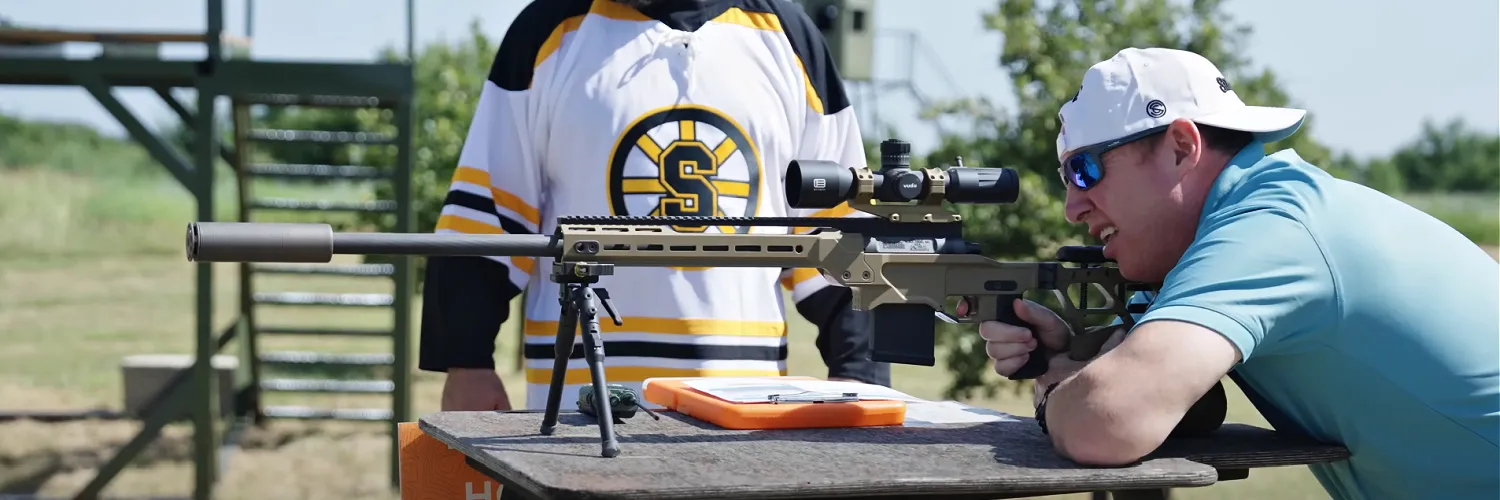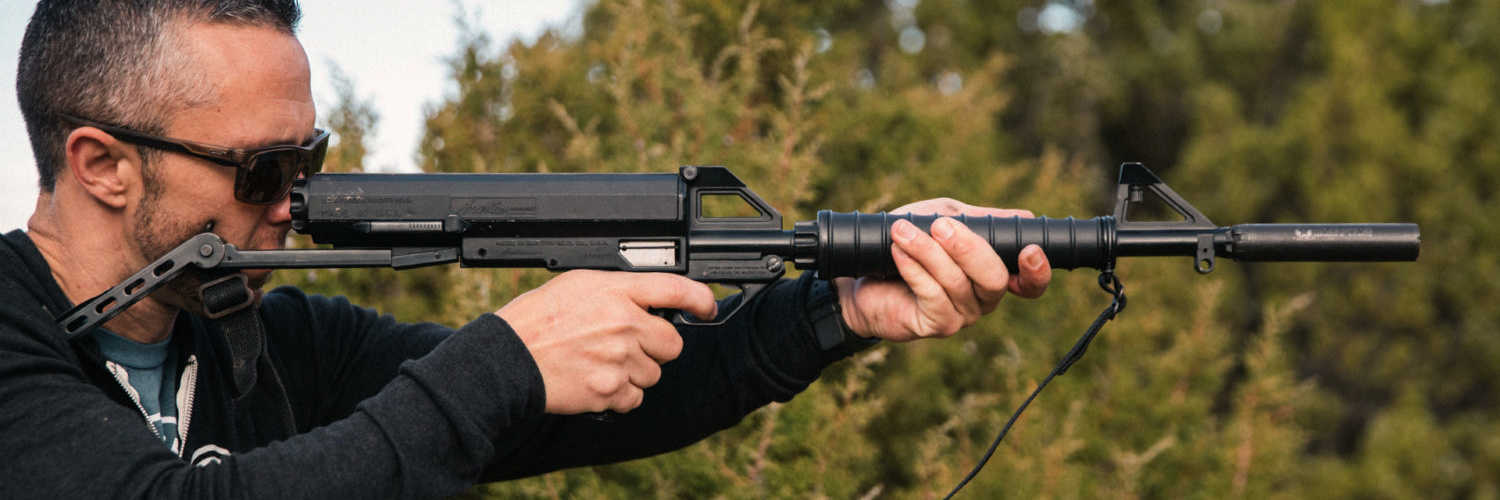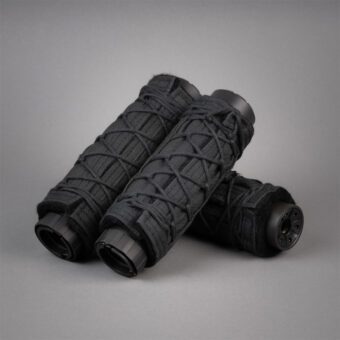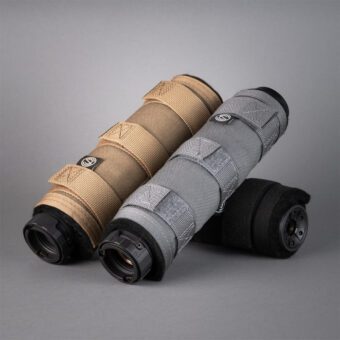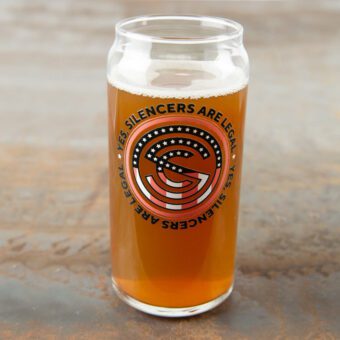Home / Silencer & Gun News / American Suppressor Association Aims To Be Loud and Clear
American Suppressor Association Aims To Be Loud and Clear
American Suppressor Association Aims To Be Loud and Clear
Home / Silencer & Gun News / American Suppressor Association Aims To Be Loud and Clear
Peter Suciu
The point of a firearms suppressor is to reduce the decibels so that the report—the sudden, sharp and loud noise of the gunshot—isn’t dangerous to the shooter’s hearing. A long-standing myth about suppressors is that they reduce the report to nearly silent. This isn’t the case, of course, and the goal of the American Suppressor Association is to address such misinformation—and it seeks to be heard loud and clear on the issue.
The organization, which also acts as the trade association for the suppressor industry, was founded in 2011 with the goal of promoting the safe and legal use of suppressors. At the time of its formation, there were just 285,000 legal suppressors in use with American citizens in the 39 states where they were legal to own. Just 22 of those states allowed for the use of the devices while hunting.
In the past decade, ASA has lobbied in 30 states and in Washington, D.C. to ease the archaic restrictions on suppressors, while its members have testified in front of dozens of legislative bodies, hosted countless suppressor demonstrations for legislators, policymakers, media, and the public; and also funded research proving the efficacy of suppressors. As a direct result of its lobbying and educational efforts, the number of states that allow suppressors for hunting has actually increased.
Suppressor Market Growing
More impressively, the number of suppressors owned by Americans has grown to more than 2.15 million, while law-abiding citizens in 42 states can now legally obtain the devices and hunters can now use a suppressor to help protect their hearing while in the field. The goal of the organization is to make the devices legal to own in all 50 states, which Knox Williams, ASA president and executive director admitted is still an uphill battle.
However, unlike some gun control groups that are now so built around fundraising to the point that they may likely hope the goals are never fully met—the American Suppressor Association is fully committed to the cause.
“I will celebrate if we achieve our goals,” William explained in a recent interview. “I used to work at a firearms manufacturer before I shifted jobs. We started in 2011 and are fully involved in this fight, and we care about this issue. We very much want to work ourselves out of a job.“
For ASA—unlike any gun control group—there would still be a future if those goals are actually met.
“We would shift our focus, as we’re still the trade association for the suppressor industry,” Williams added. “There are always going to be groups that want to undo what we are doing. And if there wasn’t enough work, I’d find another job.”
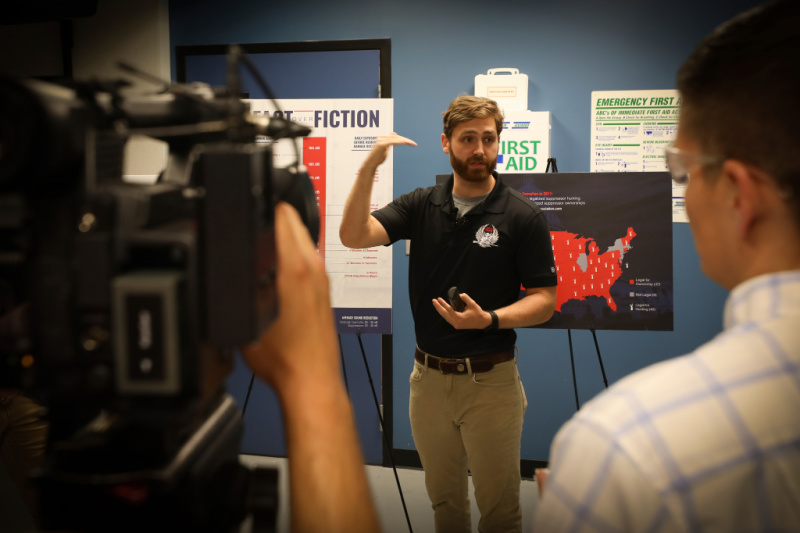
Addressing the National Firearms Act (NFA)
The biggest goal of the ASA is to have suppressors removed from the National Firearms Act, which was enacted in 1934 and put strict restrictions on the ownership of automatic weapons (machine guns), short-barreled rifles and shotguns, and other “destructive devices.”
Currently, to buy a suppressor—called a firearm silencer or firearm muffler in federal statute—one must undergo a lengthy background check and pay $200 for a transfer stamp.
There have been efforts from lawmakers to overturn this restriction, and that most recently included H.R.95, “The Hearing Protection Act” in the 117th Congress (2021-2022). The bill, which called to revise the definitions of firearm silencer and firearm muffler, was referred to the Subcommittee on Crime, Terrorism, and Homeland Security. It did not move forward.
The American Suppressor Association hasn’t given up the fight, thought, and there are chances similar legislation could be reintroduced in the future.
“We want suppressors taken out of the NFA,” said Williams, adding, “And for these items to be legal in all 50 states at the federal and state level.”
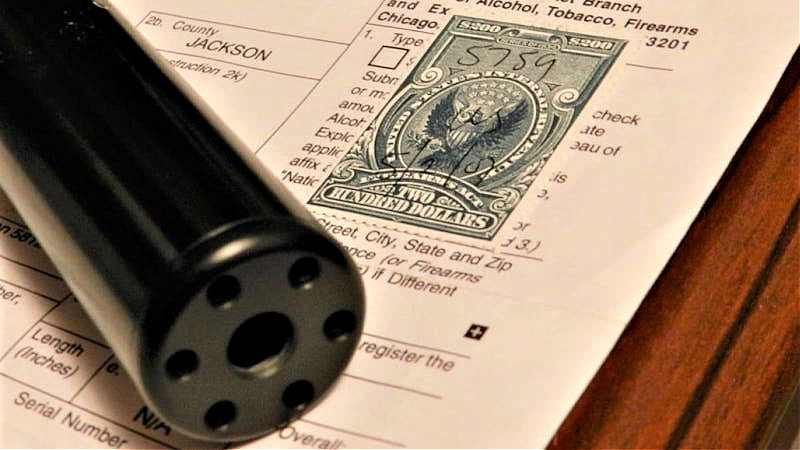
Popular Culture Supplies Misinformation
Whether it is James Bond or John Wick, action stars have actually been no friend to the cause when it comes to educating the masses, or convincing lawmakers that a suppressor isn’t something employed by assassins to silently kill their targets.
In fact, most movies and TV shows get virtually everything wrong about how suppressors work, while it has also created the notion of the silencer being something only criminals could benefit from.
“Frankly, that is why I have a job,” admitted Williams. “I understand it is depicted to advance the scene and story, but it hurts our efforts.“
Popular culture has painted a vivid picture of firearms and suppressors. Even more than three decades after Die Hard II, there are those who still believe a Glock 7 (a gun that doesn’t even exist) could bypass airport security scanners. Likewise, the John Wick films have convinced viewers that a suppressor can make a gun so silent an exchange of fire could occur in a crowded building without drawing any notice.

“Hollywood is rarely seen as the attributor of truth, except when it involves firearms,” said Williams. “No one is going to see a paleontologist citing Jurassic Park, so it borders on comical when people lean on fictional sources as the basis for their argument about firearms and suppressors.“
Logic Isn't Always Enough
Even those who don’t take movies and video games at face value still often need convincing of the merits of suppressors. This is true, even as the ASA has also noted that while the NFA has existed since 1934, nearly 1.5 million suppressors—more than 80 percent—have been registered in just the past decade. It shows that there is interest in the devices, which can help make shooting safer for all involved.
There are certainly politicians who may not want to make it easier or more enjoyable to shoot. It would run contrary to their efforts to institute sweeping gun control. Those are the ones where it can be very difficult to find any common ground on the issue.
“There are some zealots that will never be willing to go to the table because it is guns,” Williams admitted.
Yet, he added that at the state level, the lobby efforts have seen some notable success.
“We’ve made some real progress with several democratic governors,” Williams continued.
That notably included former Governor Steve Bullock of Montana, who had vetoed a measure that called for legalizing full game suppressor hunting in 2013. The American Suppressor Association engaged his office and sought to educate him on the facts and merits of suppressor hunting. Two years later, Montana joined Alabama, Florida, Georgia, Louisiana, and Ohio in recently introducing pro-suppressor hunting reform.
The former governor said in a statement. “The use of suppressors for hunting, when hunters cannot wear ear protection because they need to be aware of their surroundings, can help protect against hearing loss. This is especially true for our younger hunters, even those who are not actually hunting but are accompanying their parent in the field. I understand the concerns regarding the risks of increased poaching and do not take this lightly, but other states have not found this to be the case.“
ASA Looking Forward
Suppressor education and deregulation are not an extension of the nation’s deep divide on party lines, because the safe and legal use of suppressors to protect against hearing loss is not a partisan issue.
“It shouldn’t be a democrat or republican issue,” suggested Williams. “ASA will do everything it can to make this a non-partisan issue.“
In addition to convincing lawmakers of the merits of firearm suppressors, the ASA has made progress with the National Hearing Conservation Association, which is compromised of audiologists who are focused on hearing loss prevention. In November 2019, the ASA received a letter from the NHCA, which outlined their support for the use of a firearm suppressor as a tool to mitigate hearing damage.
For those critics who still believe that suppressors would only enable criminals, Williams said he is happy to take them to the gun range.
“You need to hear what a suppressor does. Otherwise, it is ignorance that turns into willful ignorance,” he explained. “From there we invite lawmakers and experts to make an informed decision. Without that, it is impossible for them to make a truly educated decision on the matter.”


